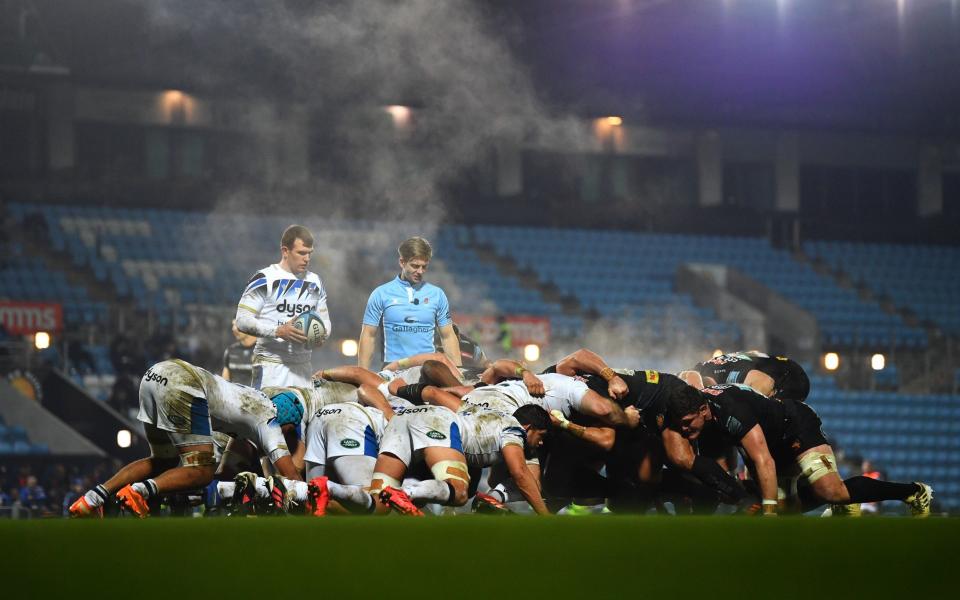Premiership Rugby's salary cap reform a ticking time bomb for player discontent, says advisor

The reform of Premiership Rugby’s salary cap regulations are a ticking time bomb for player discontent according to one of the prime movers behind the aborted launch of a new players’ union.
Businessman James King was a close advisor to Leicester and England prop Ellis Genge, who attempted to set up the Rugby Players’ Epoch in April when Premiership clubs imposed 25 per cent cuts as a result of the coronavirus pandemic. Despite gaining the support of 128 fellow professionals, Genge pulled the plug on the union, claiming that Premiership Rugby insisted that he could not bargain with the league collectively.
King also alleges that RPE was undermined by the players receiving poor advice from other parties. “The reality is that they were encouraged, not gently, to take advice and support from ‘rugby people’,” King said. “The biggest problem of why the RPE did not launch is that the players believed the ‘rugby people’ who were giving them advice had their best interests at heart first and foremost.”
Yet many of the underlying grievances – particularly around a lack of trust and transparency between players and clubs – have not gone away. Indeed, King believes relations will deteriorate sharply once the full repercussions of the salary cap reforms are understood by the playing populace. In July, Premiership clubs agreed to adopt 52 recommendations made from Lord Myners’ report on the salary cap, which Saracens had breached three times in successive seasons.
However, King believes many of these changes place unfair responsibilities and limitations on players’ earning potential. Players will be forced to hand over their families’ bank records, but will have no recourse if those details are leaked. Clubs will also not be able to provide additional paid employment for players training in many industries such as accountancy or physiotherapy.

“The players don’t realise it is about to hit them in the salary cap regulations that are coming in,” King said. “It will only become noticeable when players start realising they can’t do X, Y or Z be that a sponsorship deal, some paid work with a club sponsor or providing bank statements. I also don’t think players realise quite how easily they can be fined, often for things that are beyond their control. When this comes out, which it will, then I really think there will be uproar.”
King continues to advise a number of leading Premiership rugby players and will be speaking at the Morgan Sport Law’s On the Ball virtual conference on Wednesday on the subject of the future of rugby. The Covid-19 crisis presented an opportunity to embrace change, but for the most part rugby authorities preferred the status quo. Now King believes revolution rather than reform will be required.
“In my opinion it is a bit like the banking system’s tech, it is Frankenstein-esque,” King said. “It is a system built on top of old system on top of old system. You would be better off flattening it all and starting all over again That’s what it feels like with rugby. These are old relics of system hidden under the guise of values. Those things will rot away. They will get in like weeds and eat away. It will have to change. They could have used it as an opportunity to reset completely but the Frankenstein-ed it.”
View the schedule, speaker line-up and other key event for the Morgan Sport’s Law On the Ball – The Rugby Union Conference here